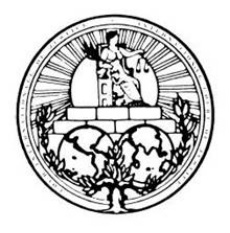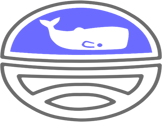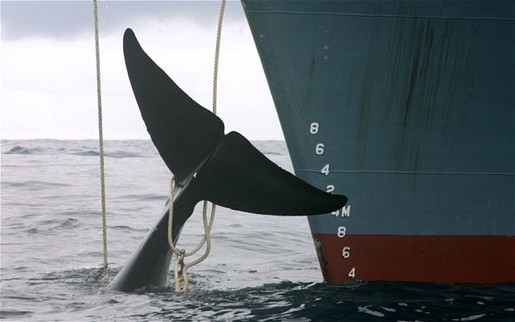 International Court of Justice
International Court of Justice Australia had brought the case in May 2010 claiming that Japan’s whaling programme was not scientific and the court agreed. Japan currently have two “scientific” whaling programmes which they have been conducting through a loop hole in the international agreements that ban commercial whaling. The International Whaling Commission (IWC) has allowed for limited whaling for “scientific” purposes. Two other countries-Norway and Iceland rejected the international moratorium on commercial whaling in 1986 when the ban was introduced, left the IWC and continue to whale for commercial profit.
1. Japan’s “scientific” whaling programme in the North Pacific was not included in this court decision and it is not yet clear if the court ordered halt on Japan issuing whaling permits (until their Antarctic programme has been thoroughly revamped) also affects their North Pacific programme.
2. Japan could simply leave the IWC and continue to whale for commercial purposes as Iceland and Norway do. Japan have been threatening to do this for a number of years now and the reason that this is a concern to other anti-commercial whaling nations and scientists is because we will have no control Japan’s whaling activities – something that we do currently cling to as they remain members of the IWC.
3. That Japan actually do cease their “scientific” whaling program and also pull the plug on their North Pacific programme. This last possibility would be fantastic and well worth all the celebrations!!
 International Whaling Commission
International Whaling Commission News sources 31 March 2014
http://www.cbc.ca/news/world/japan-s-antarctic-whaling-program-not-scientific-world-court-says-1.2592382
http://www.bbc.com/news/world-asia-26818863
http://www.theguardian.com/environment/2014/mar/31/japanese-whaling-halt-antarctic-international-court
http://www.abc.net.au/news/2014-03-31/ijc-japan-whaling-southern-ocean-scientific-research/5357416



 RSS Feed
RSS Feed